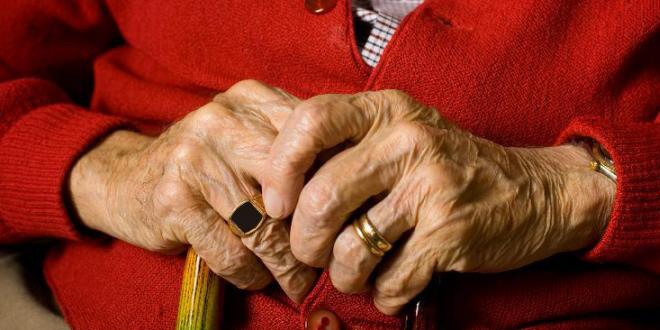
Physical Therapy No Help For Parkinson’s Patients, Study Says
Routinely assigning people with mild to moderate Parkinson’s disease to physical or occupational therapy offers no improvement to their quality of life, said a British study.
The findings, published in the Journal of the American Medical Association (Jama) Neurology, suggest that the current standard of care for early-stage patients may be a waste of time and money.
Parkinson’s disease attacks the central nervous system, and affects about seven million people across the world, including about 4% of those over age 80.
The randomised trial involved 762 patients with mild to moderate Parkinson’s disease, recruited from 38 sites in Britain.
All the patients were experiencing some difficulties with daily activities such as buttoning shirts or brushing teeth.
Half were assigned to physical therapy and the other half to occupational therapy – both practised in hour-long sessions that took place several times over the course of the study.
Physical therapy tends to focus on diagnosing and treating injuries, while occupational therapy aims to help patients adapt to injury and improve life skills.
After three months, researchers at the University of Birmingham found “no difference between the groups” in their ability to perform daily tasks or in their answers on a health-related quality of life questionnaire.
Furthermore, there were “no clinically meaningful short- or medium-term benefits” from either therapy for those in the study, the researchers added.
Therefore, more time should be spent on exploring “the development and testing of more structured and intensive physical therapy programmes in patients with all stages of Parkinson’s disease”, the study said.
An accompanying editorial by J. Eric Ahlskog, a doctor at the Mayo Clinic in Rochester, Minnesota, pointed out that doctors for all the patients in the study had already decided they were unlikely to benefit from such therapies.
“Thus, one may conclude from this investigation that blanket referrals of all patients with earlier-stage PD for routine physical or occupation therapy appears to be cost-ineffective,” he wrote.
But more targeted physical therapies to help exercise immobilised limbs or improve balance can benefit patients, and these were not the focus of this particular study, Ahlskog said.
Currently in Britain, all patients with Parkinson’s are allowed access to both types of therapy.
“This shows that there is an urgent requirement to review current guidelines for patients with Parkinson’s disease,” said lead author Carl Clarke, a professor at the University of Birmingham.
“The resource that is committed towards these therapies, that do not appear to be effective, could be better used in patients with more severe problems with their Parkinson’s disease.”
Source: AFP/Relaxnews

